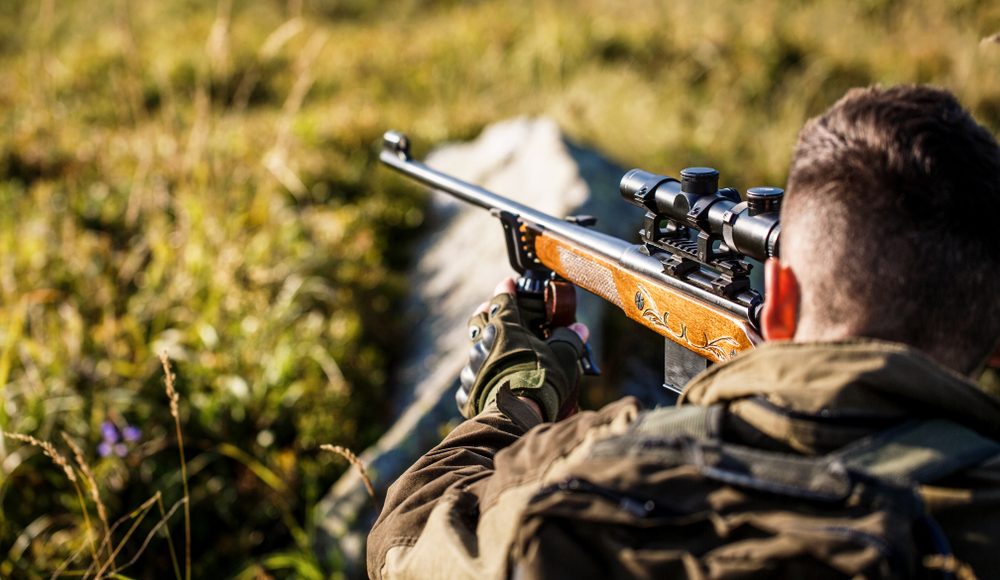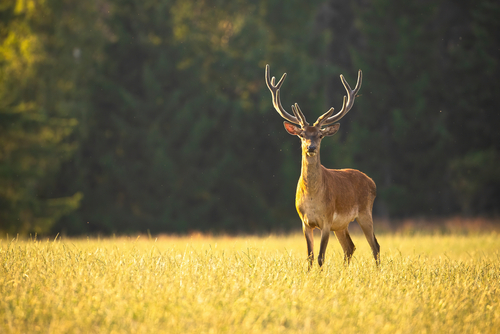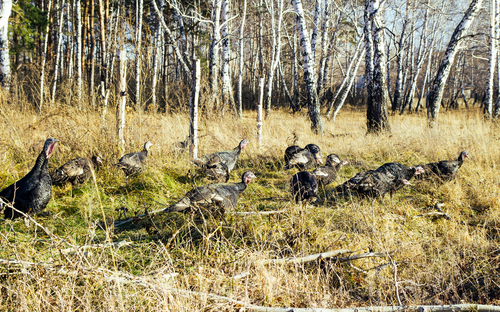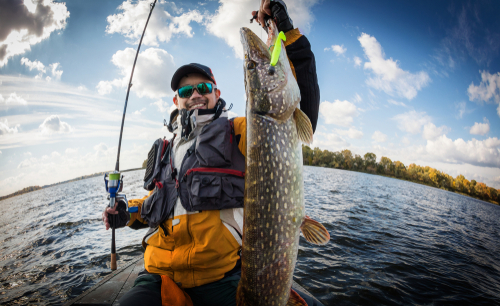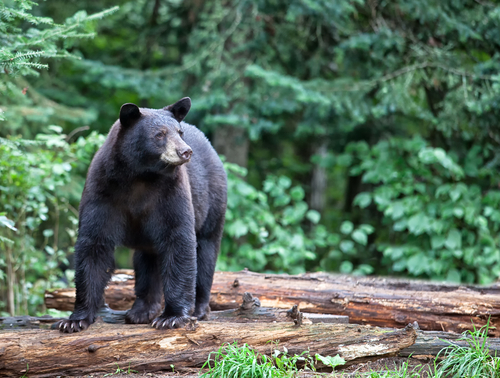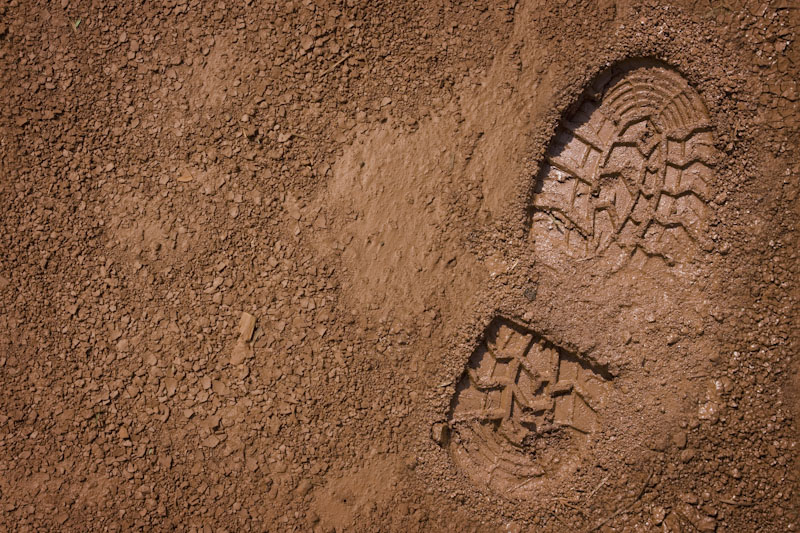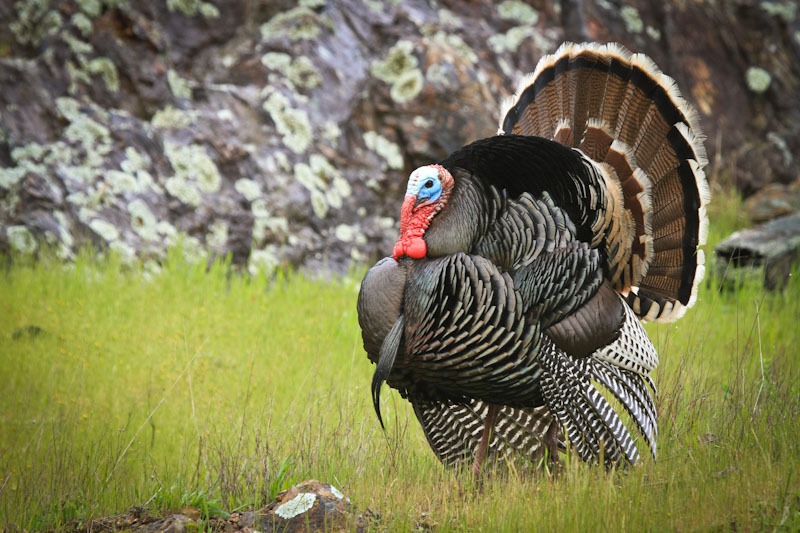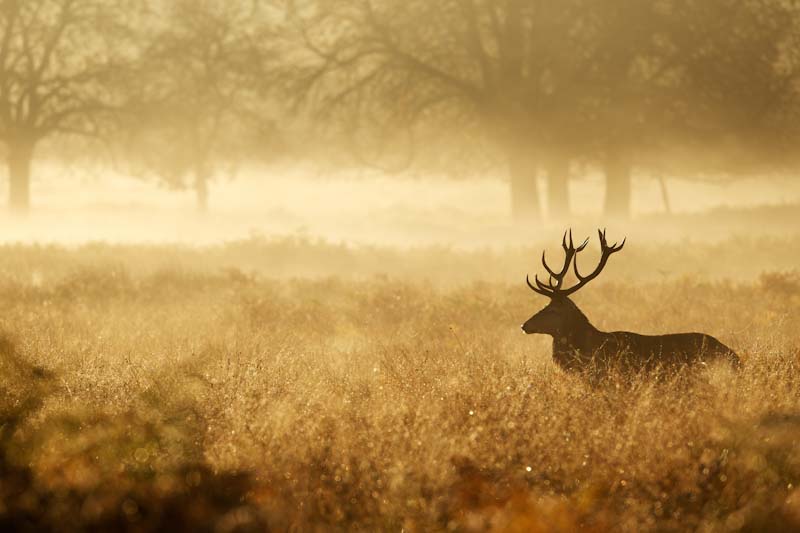Whether you’re hunting for the thrill of the chase or to feed your family, one thing no hunter wants to experience is a lean hunting season.
There’s nothing more disappointing than heading out on the prowl only to return home empty-handed. If you’re planning on heading out on the hunt, what can you do to have a more productive hunting season?
Let’s explore some of the more popular forms of hunting — and yes, for the sake of argument, we’ll include fishing as well — and investigate some tips and tricks you can use to make the most of your trips.
General Tips for a Productive Hunting Season
Before we start looking into season-specific suggestions, here are some general tips to help you make the most of your upcoming hunting trips, regardless of the prey you’re searching for:
- Know your local seasons: First and foremost, you need to know your local hunting seasons. We can’t give you any advice on this because they vary from state to state and species to species. Hunting out of season could leave you on the receiving end of some hefty fines or even jail time, depending on local regulations.
- Remember your licensing: Next, and probably just as important as knowing your local hunting seasons, is getting your licenses. You may need separate licensing, depending on the season, your location, and the animals you’re hunting. When in doubt, talk to a local Fish and Wildlife officer to find out exactly what you need to stay on the right side of the law during hunting season.
- Sharpen your knife: The last thing you want to do is land a prize-winning deer or other game, only to find yourself trying — and likely failing — to clean your kill with a dull knife. We don’t care what you’re hunting or what you’re trying to catch. Sharpen your knife.
- Practice with your weapon: Hunt with a bow, rifle or spear. Choose whatever tickles your fancy, but whatever you hunt with, practice with it before hunting season starts. Don’t go into the woods expecting to know how to get the most out of your bow or rifle. Practice makes perfect and improves the odds that you won’t go home empty-handed.
- Pack your survival kit: Ideally, you’ll head into the woods for a day or weekend, secure your kill, and head home, but if the worst happens, it’s always better to be prepared. Keep a basic survival kit in your pack so if things hit the fan and you find yourself stranded in the woods, you’ll have everything you need to survive.
Now, let’s look at some season-specific tips to help you make your next hunting trip successful.
How to Have a Productive Deer Season
For most people, the idea of hunting produces images of deer blinds in the trees and coming home with the rack off a 12-point buck. Deer season is synonymous with hunting, but finding your white-tailed quarry can be deceptively challenging. Here are a few tips to help you succeed with your next deer season:
- Know your bag limit and requirements: Deer hunting is limited to specific seasons during the year to prevent indiscriminate hunting from damaging local populations. Before you head out, know the regulations that govern which deer you can hunt and which need to be left alone, as well as your bag limit.
- Cover your scent: Deer are a prey species and rely heavily on their sense of smell to avoid predators. If they smell you, they’ll bolt. Take steps to cover your scent and pay close attention to the wind direction to ensure you’re staying upwind of your prey.
- Look for food and deer sign: There are two things you’ll need to be on the lookout for when deciding where to hunt — food supplies and deer sign, which is when the bucks rub tree trunks with their antlers. Look for common food sources, like weeds, flowers, acorns, and fruit.
- Avoid hunting during the day: Deer are most often active during the dawn and dusk hours because they can feed freely while avoiding predators. Use this to your advantage.
Deer are easy to spot if you know what to look for, plus the best way to set up your blind without allowing them to smell you on the wind.
How to Have a Productive Turkey Season
Instead of visiting the grocery store and fighting with every little old lady in the tri-state area for the perfect bird for your Thanksgiving feast, head into the wild, and catch your own. Here are some tips and tricks for the perfect turkey season:
- Remember your camo: Turkeys might have small brains, but they have excellent eyesight, so if they spot you, you’ll have a hard time bringing one to the dinner table. Wear your camo to make it easier to hide from prying turkey eyes.
- Use trail cams to your advantage: Finding a turkey roost can be challenging. Trail cams can help you figure out the best place to hunt turkeys without scouting the whole area on foot. If you’re trying to inspect a large area, consider a cellular-equipped camera so you can access the footage remotely.
- Consider talking to them: A turkey call can be an invaluable tool for bringing the birds into your line of sight, especially when you’re holed up in a hunting blind, trying not to move. It might take some practice, but you can bring them right to you.
- When in doubt, use your ears: Turkeys are a very vocal species. Even if you can’t see them, you’ll definitely be able to hear them if there are any in the area. When in doubt, use your ears.
The turkeys you buy at the store have nothing on wild varieties concerning flavor. Consider hunting a wild bird this Thanksgiving, depending on when turkey season falls in your state.
How to Have a Productive Fishing Season
Fishing is often something you can do year-round, though what you can catch and keep will vary depending on dates and locations. Here are a few of our favorite tips to help you ace your next fishing trip:
- Start with cheap lures: We get it. You’ll be hesitant to cast or really set that hook if you’re worried about losing your expensive lures. So while you’re learning and honing your craft, start with the cheap stuff. You might be surprised how much you can actually catch with those cheap lures.
- Learn to set the hook: Just because the fish took your bait doesn’t mean it’ll stay on the hook if you start reeling slowly. You need to learn how to really set the hook — how to ensure your fish will stay where you want it until you reel it in.
- Pack a sharp knife: Do not try to filet a fish with a dull knife. You’ll just end up butchering the beautiful meat — and probably cutting yourself when you push a little too hard to get through scales or bones.
- Stock up on ice: If you’re planning to cook your catch, stock up on the ice. You need to cool the fish or your filets as quickly as possible to keep them from spoiling, especially if you’re fishing in a warm climate.
There’s nothing quite like the taste of a fresh filet, especially if you cook it while you’re still fishing. Catching a fish isn’t difficult, but it does require some finesse.
How to Have a Productive Small-Game Season
You don’t always have to hunt for the biggest game in the woods to have a successful hunting trip. Small-game seasons can be incredibly satisfying with sufficient preparation. Here are a few tips to help you have the best small-game hunting season possible:
- Bowhunt or use small-caliber ammo: Keep in mind that this is small game you’re looking for. You’re not going to hunt grouse, rabbit or squirrel with a 12-gauge shotgun or a high-powered rifle. Bowhunting is ideal, but if you’re not skilled with a bow, opt for a small-caliber rifle.
- Know where to look: These small creatures are typically food for larger predators, so they’re good at hiding. The trick with small-game hunting is to know where to look.
- Practice your shooting skills: Shooting something the size of your shoot isn’t easy. Practice your shooting skills to make sure you can hit your target.
- Be patient: Small-game hunting isn’t easy. Even if you see squirrels everywhere, they tend to vanish as soon as you head out to hunt them. Be patient. You’ll find your prey soon enough.
Small-game hunting often gets overlooked, but it can be a great way to hone your skills while waiting for turkey or deer season to start.
How to Have a Productive Bear Season
Many states have bear hunting seasons. If you’re interested in pitting your skills against one of the largest land mammals in the United States, here are a few tips for a productive bear hunting season:
- Go on a guided hunt: If this is the first time you’re heading out on a bear hunt, consider hiring a guide. They’ll handle most of the heavy lifting regarding preparation, and they’ll also teach you everything you need to know to hunt these big mammals safely.
- Watch the bear’s behavior: Pay close attention to the way the bear moves as it approaches. If they’re skittish or move hesitantly, then they’re probably on the lookout for larger bears. If they strut in like they own the place, then they’re probably the biggest bear in the area — and that’s the bear you’ll want to target.
- Know rules for baiting: Most guided hunts use bear bait, as long as it’s legal in your area. If you’re not sure what’s allowed for bear hunting, talk to your local Fish and Wildlife office.
- Stick to hunting seasons: Bear hunting seasons are strict for a reason. You don’t want to accidentally take a nursing mother, leaving her cubs to die. Pay close attention to the hunting seasons, and be careful when you choose your target.
A bear hunt can be incredibly exciting, but if you don’t make the proper preparations, you could find yourself on the wrong side of a big predator’s teeth.
How to Have a Productive Waterfowl Season
Turkey and grouse aren’t the only birds with their own hunting seasons. Waterfowl hunting is incredibly popular, but it requires its own set of skills and equipment, as well as a couple of friendly and well-trained retrievers. Here’s how to get on your A-game for this season:
- Bring a bucket for dry storage: You’re probably not carrying a lot with you, but what you do bring you’ll want to keep dry. Instead of using up every sandwich bag in your kitchen, pack your gear into a 5-gallon bucket with a lid. They’re naturally water-resistant, offer plenty of storage space and, in a pinch, you can use them as a seat as well!
- Avoid leaving too early: If you leave your blind too early, you could be missing out on prime hunting time. Pay close attention to waterfowl migration patterns. Your best chance for a good shot often happens in the late morning as the flocks stop to take a break.
- Pay close attention to wind direction: It might not seem like the wind is blowing hard enough to make a difference, but if the flock catches your scent, you might be hard-pressed to make a good shot. One solution is to carry a small bottle of talcum powder with you. Dust a little bit into the air and watch which way it moves.
- Stock up on RainX: A lot of waterfowl hunting takes place in cold winter and spring months, which means ice and slush can be a problem. Stock up on RainX or other de-icing substances to keep things moving smoothly.
Get Out There and Make the Most of Your Season
Whether you’re hunting deer, waterfowl, bear, or turkeys or heading out to the water with your favorite rod and reel, there are plenty of little things you can try to make the most of your hunting season. Start planning now, so by the time the season starts, you’re ready to pack up and go.


